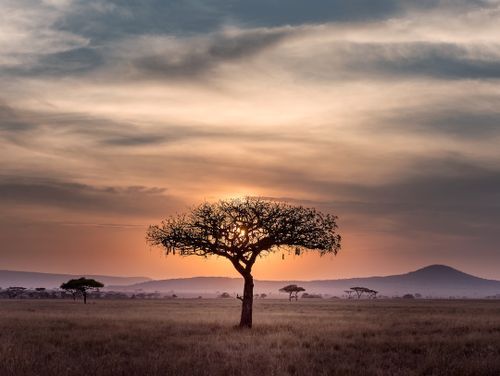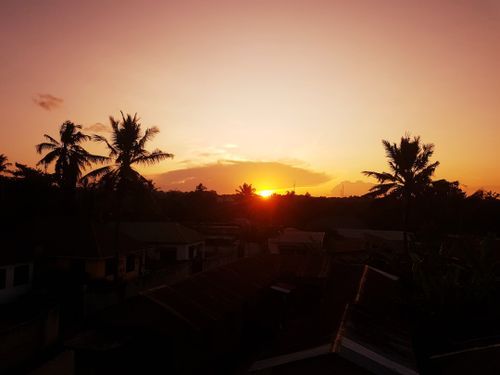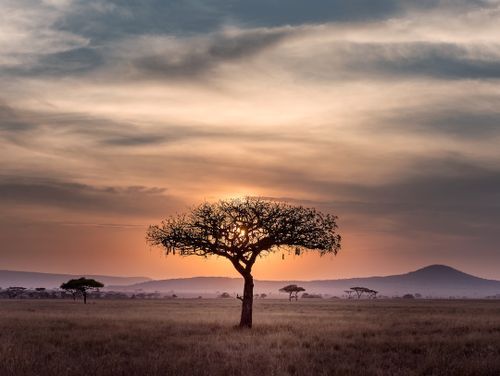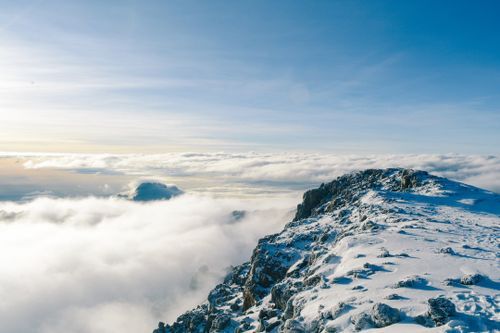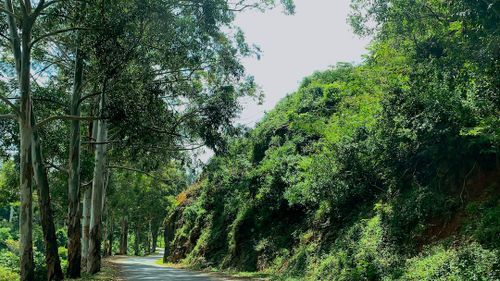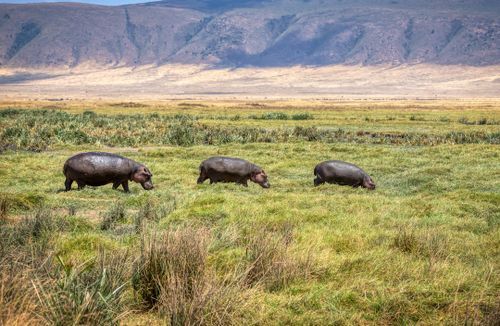Is Kilimanjaro safe for solo female travelers?
Kilimanjaro, Tanzania generally has a reputation as a welcoming place for travelers. The local people are friendly and respectful, but as anywhere else, it's important to take precautions. Stick with reputable tour operators when arranging your climb. Drug and alcohol-related problems can occur, particularly in climbing camps, so be wary of anyone appearing under the influence. Crime rates are relatively low, though petty theft can happen, so keep your valuables close. Also, it's important to note that healthcare facilities are not always up to western standards. Overall though, it is seen as fairly safe for solo female travelers.
Safety rating
Kilimanjaro is currently ranked #5 safest place in United Republic of Tanzania for solo female travellers, with an overall safety rating of 3 out of 5. . Check the full ranking.
How safe is Kilimanjaro for solo female travelers?
No travel experience found
Be the first to share your experience.Safety in United Republic of Tanzania
Hospitality Exchange in Kilimanjaro

Naina
Kilimanjaro
Can host for:
3 days
About me
My name is Naina am from Tanzania am 21 years old i love traveling for you but I have never travell am look someone to host me so that I can move around the world am also looking for best friends to travel together feel free to reach me out i will be happy for that
Speaking
0








